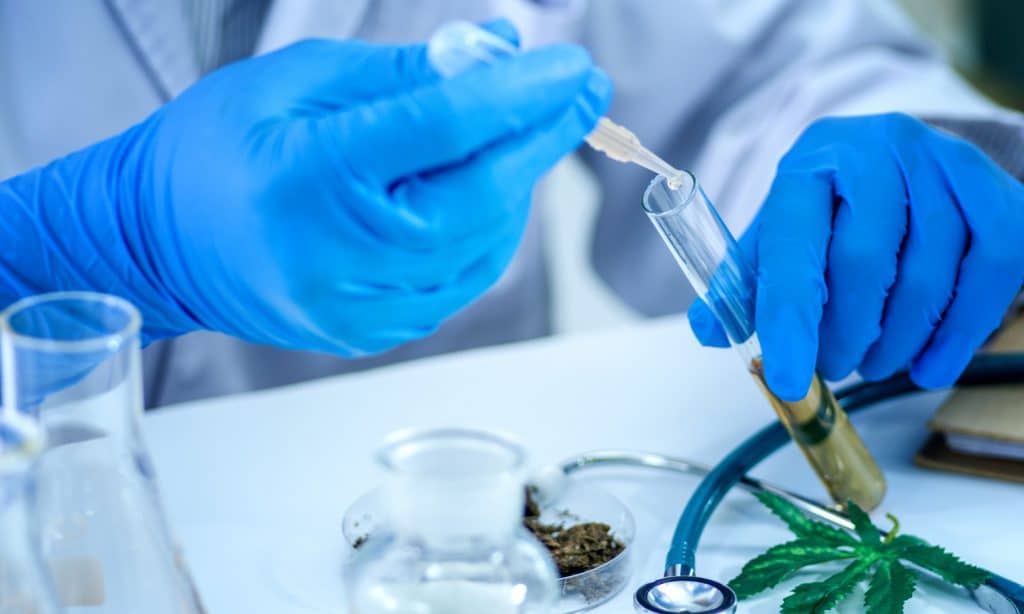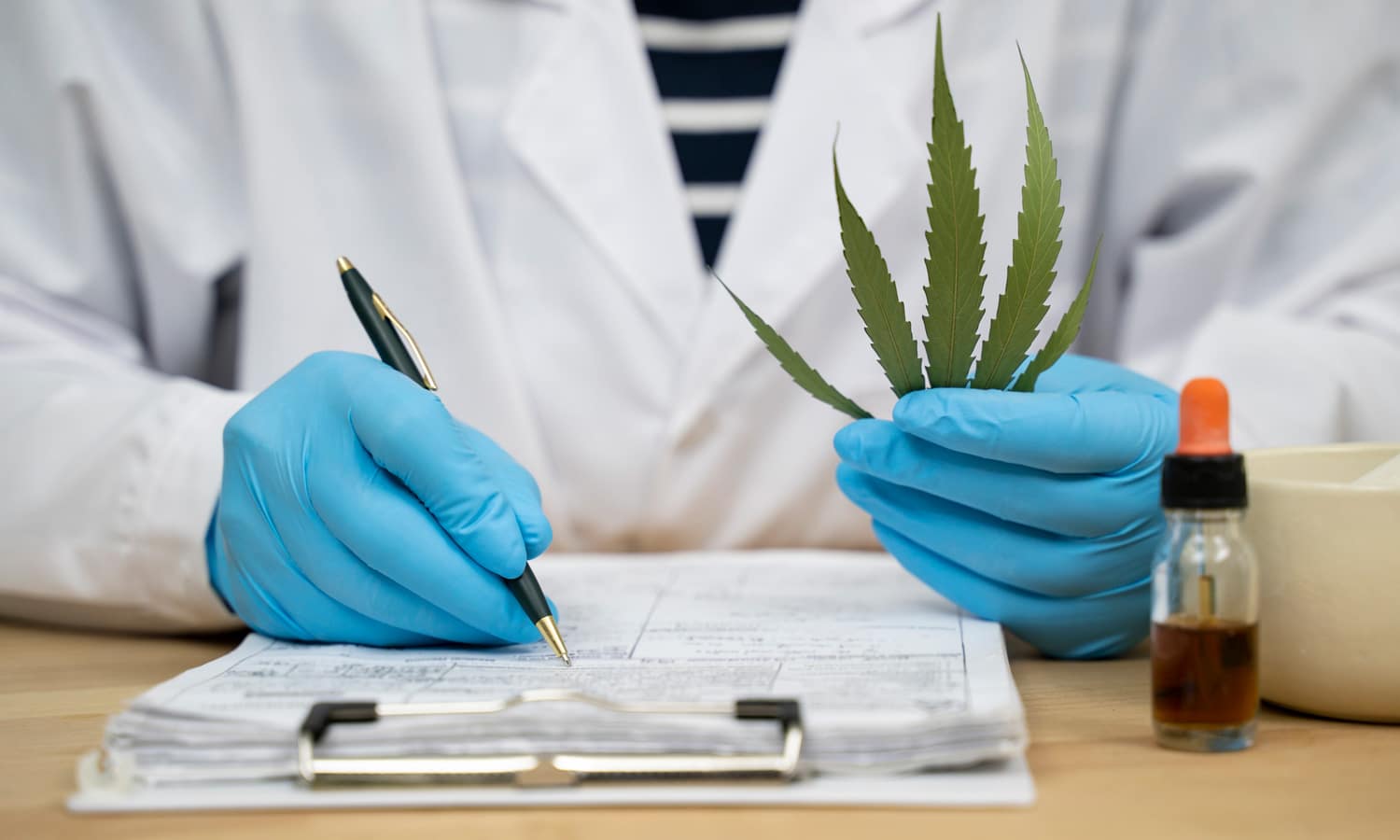The Creating Options for Veterans Expedited Recovery (COVER) Commission determined that cannabis and psychedelics represent promising mental health treatment options for veterans.
Many government officials are comparatively skittish in supporting marijuana and its synthetic counterparts because of its Class 1 drug status, even in the treatment of COVID-19. There was surprising news from an association that may have made some people in the Federal government sit up and take some notice.
The independent association, the Creating Options for Veterans Expedited Recovery (COVER) Commission, released its report in January of this year. Despite the unique recommendations of its drug policy findings, the document has gone mostly unnoticed by reform advocates and the media. Chaired by presidential appointee Jake Leinenkugel, the panel determined that cannabis and psychedelics represent promising mental health treatment options for veterans.
The COVER Commission Report that VA officials should work closely with other Federal agencies to research the potential and short- and long-term risks and the benefits of medical cannabis and psychedelic drugs.
A federal commission tasked with developing recommendations to improve mental health treatment for military veterans has reached a surprising conclusion: Congress and the executive branch need to promote research into the therapeutic potential of marijuana and psychedelics such as psilocybin mushrooms and MDMA.
The findings have limited generalizability due to sample size and homogeneity issues. Still, studies have shown some promise for treating disorders for which available treatments are insufficient—mood, substance, anxiety disorders, post-traumatic stress disorder—using psychedelics, including MDMA,” the COVER Commission report laid out in recommendations.
RELATED: Veterans Can Use Medical Marijuana, They Just Have To Pay For It
An earlier report, issued in 2019, emphasized the comparative similarities between federally produced marijuana and its synthetic counterparts. Previous studies have demonstrated that marijuana that’s grown at the University of Mississippi, with funding from the National Institutes on Drug Abuse (NIDA), has lower THC and CBD than commercial cannabis products. But researchers at the University of Northern Colorado wanted to learn specifically about their genetic differences.
“As the interest for medical Cannabis increases, it is important that research examining the threats and benefits of Cannabis use accurately reflect the experiences of the general public,” the researchers wrote.

Where can cannabinoids have positive effects related to the coronavirus? One physician sees a potential connection, with treatment for the ancillary symptoms (or concurrent medical conditions), associated with COVID-19.
RELATED: Congress Approves Bills That Will Expand Medical Marijuana Access For Veterans
Patients with asthma or reactive airways of any kind will benefit significantly from CBD, with or without the Coronavirus infection. An informal observational study conducted with 10 asthmatic patients showed incredibly significant bronchodilation, even after discontinuing their asthma medications.
With a vaccine only on a very distant horizon, there are still many uncertainties about how the coronavirus spreads. Anxiety has undoubtedly increased during the 24-7 hour news cycle of COVID-19. Another area in which CBD can be extremely useful in managing anxiety. Although the coronavirus’s media coverage has been necessary, responsible, and highly informative, it has triggered many fears from both public officials and private citizens.


